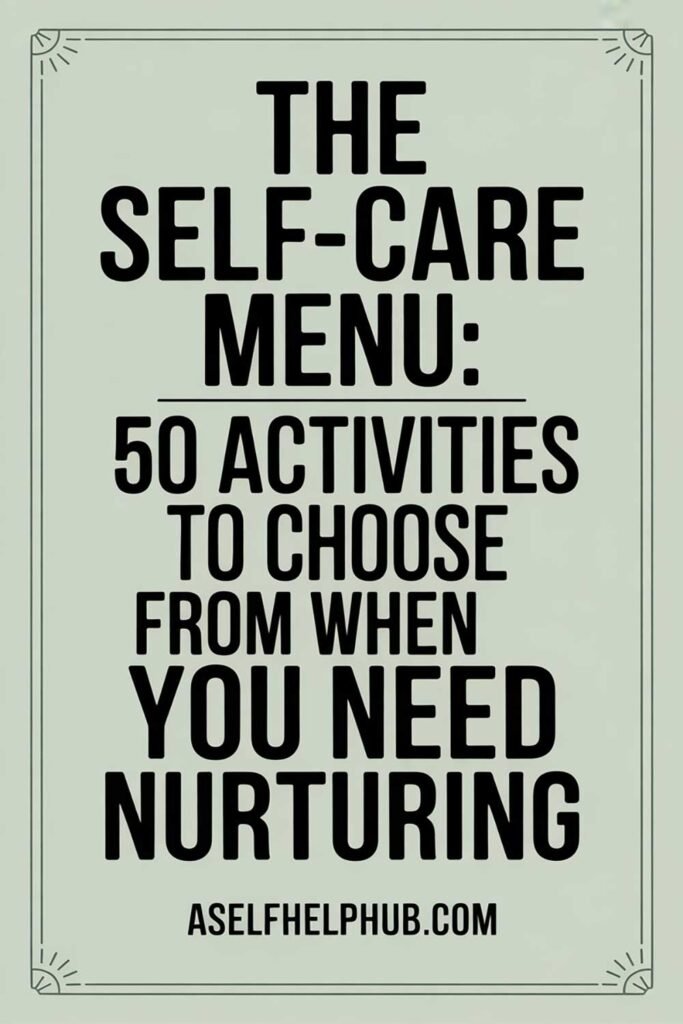
How to Communicate Your Needs Effectively
Clear and confident communication is essential for healthy relationships, whether with friends, family, or colleagues. Expressing your needs effectively ensures that others understand your feelings, priorities, and boundaries. Yet, many people struggle with this skill due to fear of conflict, rejection, or being misunderstood.
In this article, we’ll explore why communicating your needs matters, common barriers to doing so, and actionable strategies to express yourself clearly and assertively.

Why Communicating Your Needs Matters
1. Builds Healthy Relationships
Clear communication fosters trust, mutual respect, and understanding.
2. Reduces Resentment
Expressing your needs prevents feelings of frustration or being taken for granted.
3. Enhances Self-Confidence
Advocating for yourself strengthens your sense of self-worth and personal empowerment.
4. Promotes Emotional Well-Being
When your needs are met, you’re more likely to feel balanced and fulfilled.
Common Barriers to Communicating Needs
1. Fear of Conflict
Worrying about how others will react can discourage open expression.
2. Lack of Clarity
Not knowing what you need or how to articulate it can lead to miscommunication.
3. People-Pleasing Tendencies
Prioritizing others’ needs over your own can make it difficult to speak up.
4. Past Negative Experiences
Previous instances of being ignored or dismissed may create hesitancy.
Strategies for Communicating Your Needs Effectively
1. Identify Your Needs
Take time to reflect on what you truly need. Ask yourself:
- What am I feeling?
- What specific action or change would improve this situation?
2. Use “I” Statements
Frame your needs in a way that focuses on your feelings and experiences rather than placing blame. For example:
- Instead of “You never help out around the house,” say, “I feel overwhelmed when I’m handling all the chores alone.”
3. Be Clear and Specific
Ambiguity can lead to misunderstandings. Clearly articulate your need and what it entails:
- Instead of “I need more help,” say, “Could you take care of the dishes after dinner?”
4. Choose the Right Time and Place
Timing and environment can influence how your message is received. Aim for:
- A calm, private setting free from distractions.
- A time when both you and the other person can focus on the conversation.
5. Practice Active Listening
Effective communication is a two-way process. Show that you’re open to their perspective by:
- Maintaining eye contact and nodding to indicate engagement.
- Summarizing their response to ensure understanding.
6. Stay Assertive, Not Aggressive
Assertiveness is about confidence and respect, while aggression can create defensiveness. To stay assertive:
- Use a calm tone and neutral body language.
- Stick to facts and avoid personal attacks.
7. Set Boundaries
Communicate what you’re comfortable with and why it’s important. For example:
- “I need quiet time for an hour after work to recharge.”
8. Be Open to Compromise
While your needs matter, so do others’. Approach conversations with a willingness to find solutions that work for everyone.
- “How can we adjust this plan so it works for both of us?”
9. Practice Regularly
The more you practice expressing your needs, the more natural and effective it will become. Start with smaller requests to build confidence.
Long-Term Benefits of Clear Communication
- Stronger Relationships: Enhanced trust and mutual respect.
- Reduced Misunderstandings: Clarity fosters better collaboration and connection.
- Personal Empowerment: Speaking up boosts self-esteem and confidence.
- Emotional Balance: Meeting your needs leads to greater satisfaction and happiness.
Picture This
Imagine expressing your needs confidently and calmly in a conversation. The other person listens, understands, and responds with empathy, leading to a resolution that works for both of you. Over time, this skill transforms your relationships, creating a foundation of trust, mutual respect, and open communication.
By learning to communicate your needs effectively, you feel more empowered, valued, and connected in all areas of your life.






